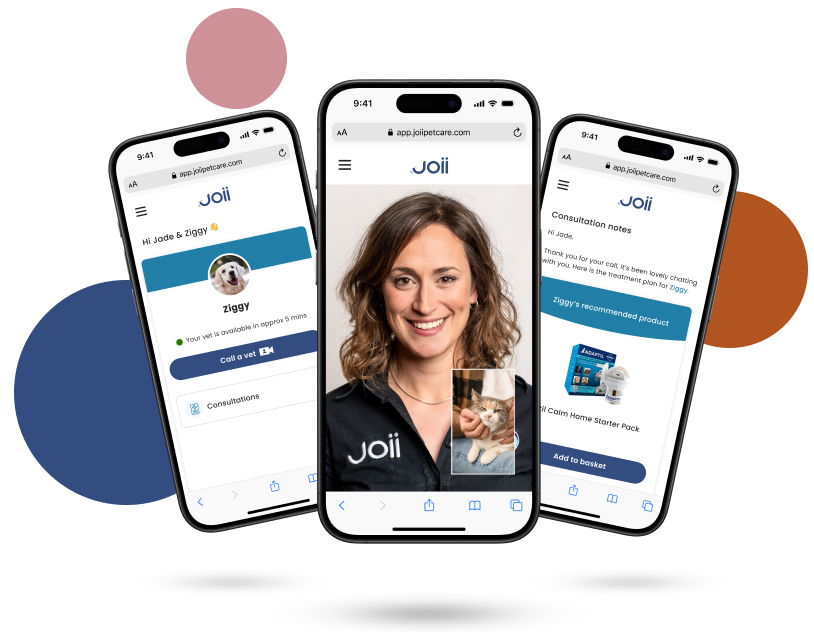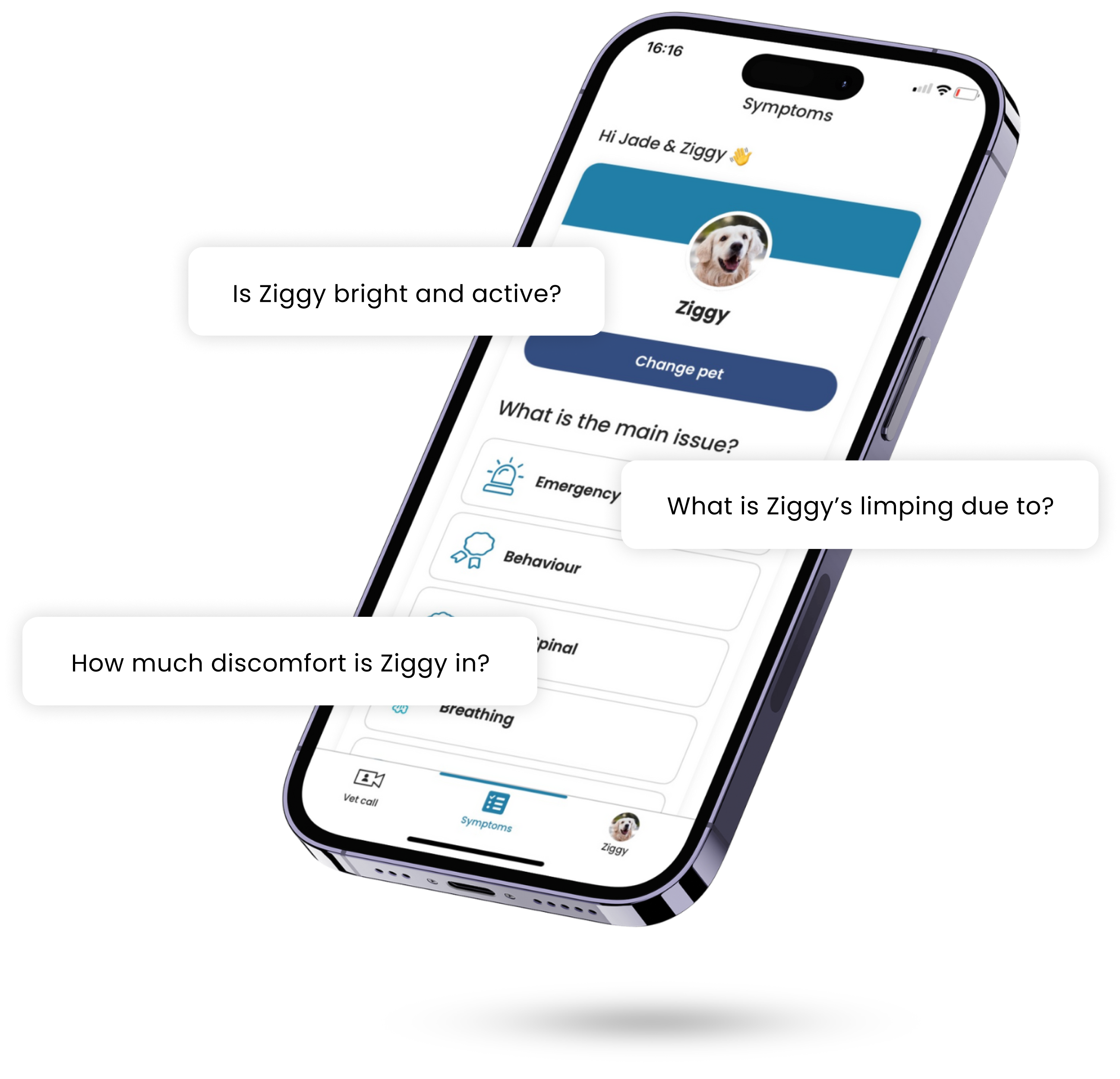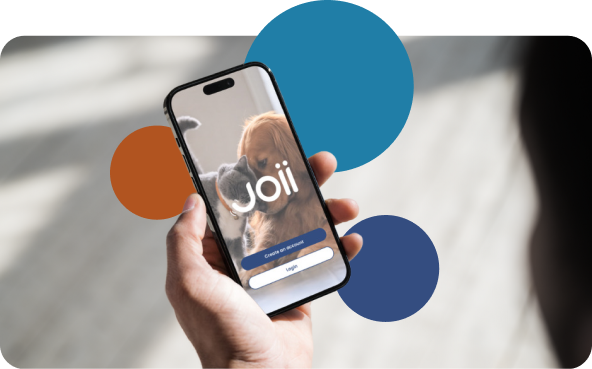We all like to treat our dogs and see their tail go wild for the snacks. And we get it - it can be hard finding a treat that keeps them occupied rather than being swallowed straight away. However, as vets we need to speak about the dangers of feeding rawhide dog chews.
What on earth is rawhide?
So let's start with the basics: what is rawhide? Rawhide chews are manufactured from the leather industry’s leftovers and are made from the skin of an animal (typically a cow). To create rawhide, the hide (animal skin) is usually treated with lots of chemicals to prevent it spoiling and then it is processed into a chew by rolling, pressing and gluing layers of hide together, before artificial flavours are added to entice a dog to chew at them.
Sounds disgusting, right? That's why we always recommend that dog owners research how dog treats are made because these chemicals can cause stomach upsets.
What makes it so dangerous?
All dogs love to chew – it’s a natural behaviour for them! With rawhide, the hard material is supposed to soften over time as they chew, allowing small pieces to be torn off at a time.
Unfortunately, some dogs will try to eat these chews at record speed. Either the rawhide treat is swallowed whole, or large chunks of rawhide are broken off which are then swallowed. These large pieces or whole treats can get stuck in the throat, which can cause a huge risk of choking. Alternatively, they’ll get stuck in the stomach or intestines, leading to major blockages.
Symptoms to look out for to spot a blockage include:
- Vomiting
- A reduced appetite
- Straining to defaecate
- A very depressed demeanour
Since rawhide chews are not easily digested, this blockage will usually require emergency surgery and can put your dog in a life-threatening situation.
What about other treats?
Rawhide is not the only risk when it comes to treat time. There are a couple of things to consider when picking a dog treat to avoid treat time turning dangerous.
- Always supervise your dog when giving them any chew treat;
- Choose a chew that is the appropriate size for your dog;
- Flavoured chews can lead to gastrointestinal issues in dogs, so always try and opt for a plain or unflavoured chew;
- Try giving your dog long-lasting rubber chew toys where dog friendly pastes can be stuffed, as these are less likely to cause problems and can even be washed.
Want more advice for your dog?
If you aren’t sure of what treats are safe for your dog, talk to our nursing team at Joii who will be able to advise you on the best toys and chews for a happy and healthy pooch.


























